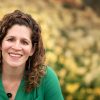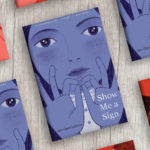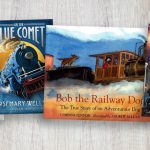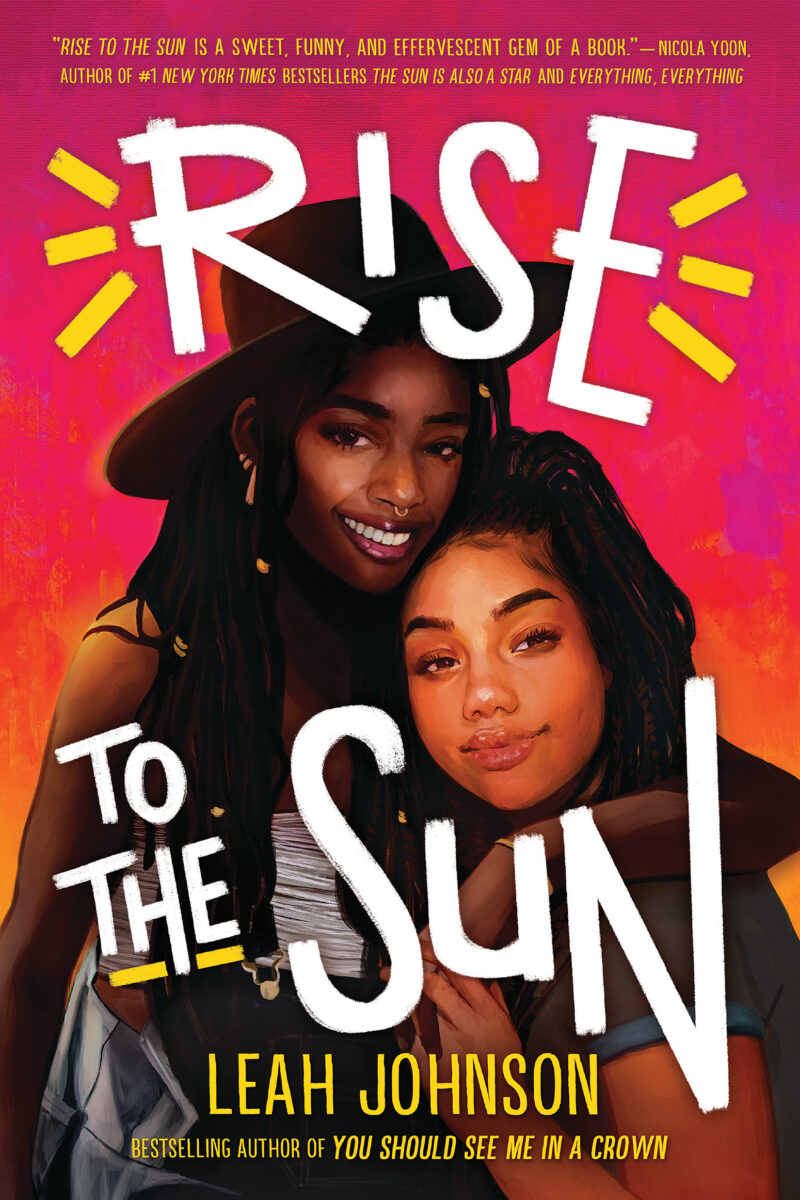 I’m fortunate enough to be one of the lucky people who make their living writing books professionally. It’s the way I introduce myself—Hi, I’m Leah, yeah, I’m a writer—and the title I write down on any official forms asking about my occupation. It’s a good gig. A great gig.
I’m fortunate enough to be one of the lucky people who make their living writing books professionally. It’s the way I introduce myself—Hi, I’m Leah, yeah, I’m a writer—and the title I write down on any official forms asking about my occupation. It’s a good gig. A great gig.
But there’s nothing like the time I was able to spend as a professor.
The beauty of being an educator, for me, has always been the cultivation of the classroom as a type of learning lab. My personal pedagogy is rooted in creating a space wherein everyone is afforded the space to be an expert; where each of our respective backgrounds are worthy grounds for teaching and being taught. It’s an attempt towards equity, something I learned early on is at the heart of both my storytelling and my teaching. This type of pedagogy can only function, though, when I admit there are things I don’t know.
When I began writing fiction, I was under the impression that there was something fixed and precious about the writing process. That—once I’d finished my MFA and my first manuscript—I would know exactly what it took to do so again and again. Mornings, not nights. Tea, not coffee. Pantser, never a plotter. And yet, my second novel couldn’t be written at night. My third novel called for espresso, not tea. My middle grade novel needed to be tightly plotted and carefully planned. With each book, with each iteration of myself and my career, my process continued to shift.
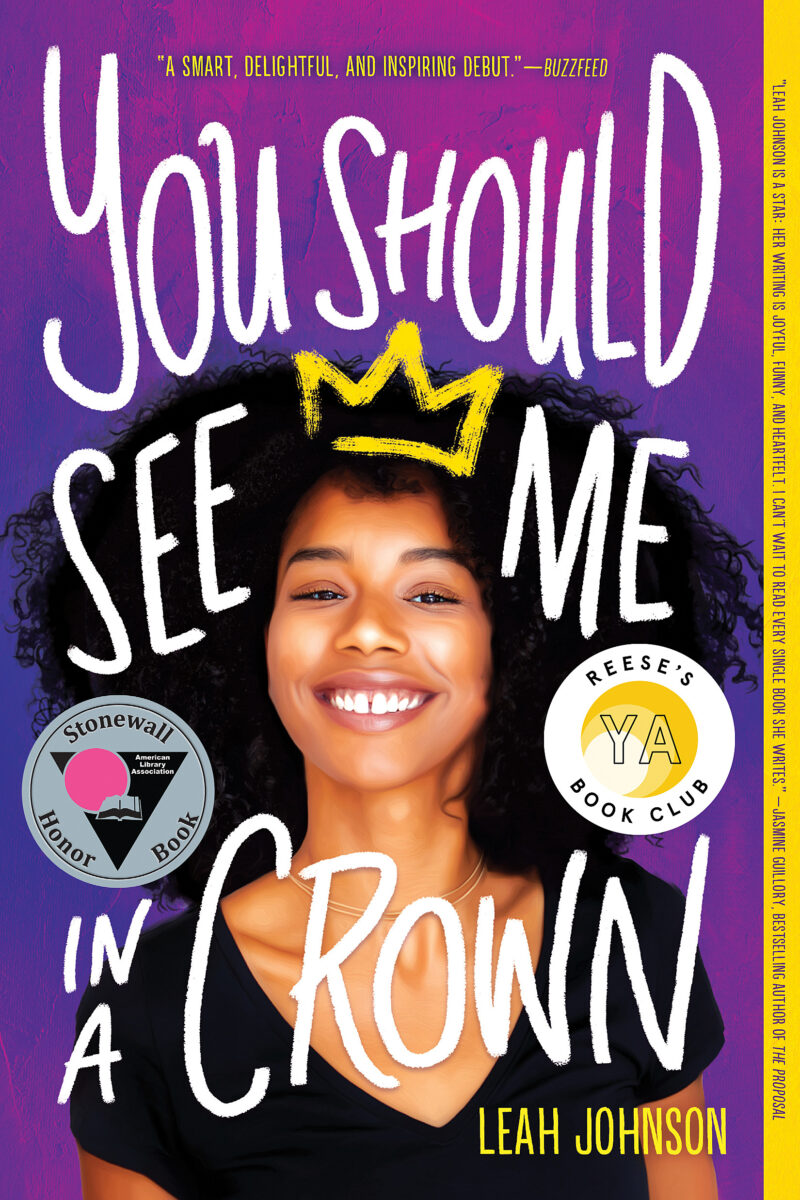 I’m no longer interested in waiting for the magic bullet—the one almighty answer from the literary gods that dictate The Way to write a novel. The work will evolve as I do, as will how I approach it. It’s okay to give yourself over to the not-knowing. The I’m-still-figuring-my-stuff-out. The maybe-this-never-gets-easier. There’s a lot of room to allow our students to understand that to learn, to be human, is to be fallible. To be reminded early and often that it’s okay to ask for help; to turn to your classmate and say, “Hey, I know you’re better at this than me. Would you mind walking me through it?”
I’m no longer interested in waiting for the magic bullet—the one almighty answer from the literary gods that dictate The Way to write a novel. The work will evolve as I do, as will how I approach it. It’s okay to give yourself over to the not-knowing. The I’m-still-figuring-my-stuff-out. The maybe-this-never-gets-easier. There’s a lot of room to allow our students to understand that to learn, to be human, is to be fallible. To be reminded early and often that it’s okay to ask for help; to turn to your classmate and say, “Hey, I know you’re better at this than me. Would you mind walking me through it?”
I believe that our job as teachers and as writers isn’t to stand on a soapbox and pontificate—our job is to be a vessel for ideas and images, and sometimes hopes and aspirations, and other times frustrations and questions. The work is at its best when it is malleable. When we can find holes in our thinking and work on filling them with our students’ experiences and our readers’ feedback.
The best lessons I’ve taught (or have been taught) have been in those empty spaces between what we know and what we have yet to learn. Sometimes the not-knowing is the best story we can tell.


